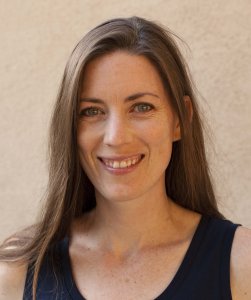Presented By: Department of Psychology
Unseen Influences: A Dyadic Approach to Understanding the Links between Social and Biological Processes
Dr. Amie Gordon, University of California, San Francisco

In what ways are social experiences affected by biological states—how tired, hungry, sick, or physiologically aroused we are? In turn, how do social experiences impact biological processes? Are these effects contagious, spreading across people? In this talk, I explore these questions, focusing on one particular biological process, sleep. More than 69% of U.S. adults get less sleep than they need, making sleep problems an increasingly ubiquitous and problematic issue. In Part 1, I examine the reciprocal relationship between sleep and social rejection, including discrimination. In Part 2, I take a dyadic perspective, considering the ways in which people are influenced not only by their own sleep, but by their romantic partner’s sleep as well. Across studies, I highlight physiological and cognitive mechanisms underlying these links, as well as identify individual differences that make people more or less vulnerable to them. These studies utilize a multi-method approach, combining self-report, observational, and behavioral measures with autonomic nervous system reactivity and neuroendocrine responses in both naturalistic (longitudinal, daily experience) and experimental (lab- and field-based) designs. Together, these studies highlight the ways in which social and biological processes can exert potentially unseen influence on each other, creating the possibility of a vicious cycle, not just within one individual, but across people as well.